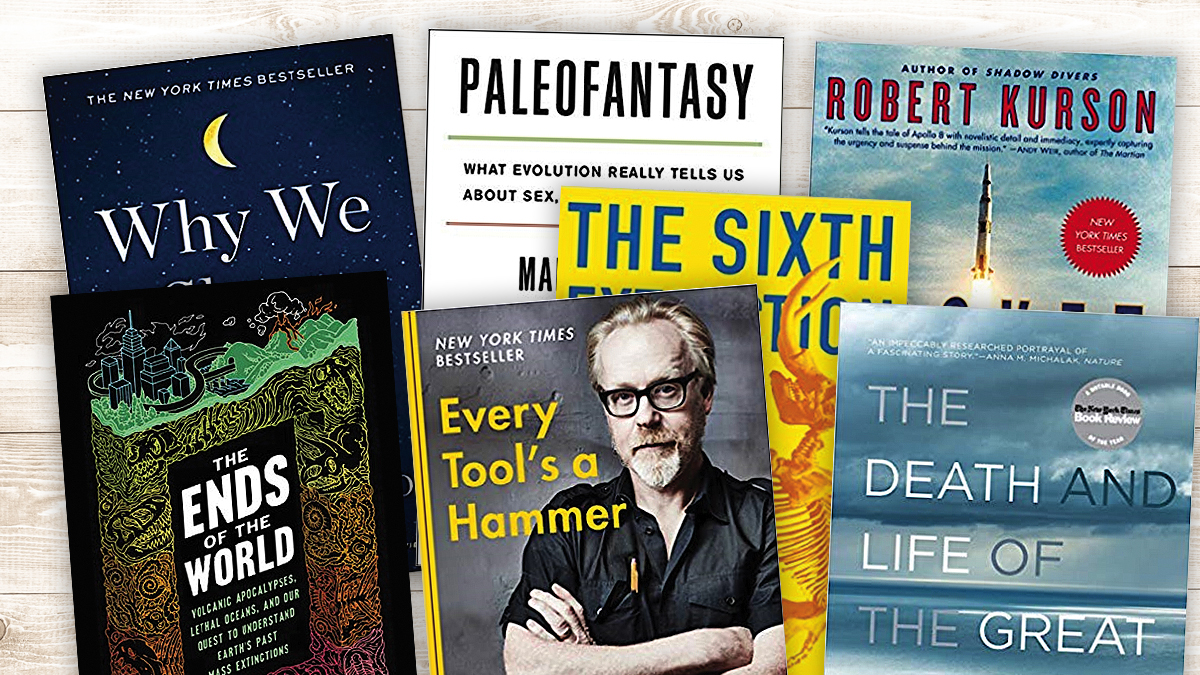Current Science Classroom
Best Science Books of 2019
As a teacher, finding time to set aside for reading is very difficult. There is always grading to be done, lessons to be prepared, and perhaps even families you’d like to spend time with. At the same time, the world of science changes, often rather quickly. As professionals, it’s important to keep updated on current research and understanding of the natural world. Books simply give more details and context that social media posts or online articles just can’t get into. We also need to feed our own sense of curiosity. Nourishing your own sense of wonder will help you give your students that insatiable appetite for learning.
Below are my favorite science books from 2019. I encourage you to not only take a read yourself, but also to read some of these books with your students, either in their entirety or in sections. It’ll help you build a love of not only reading but learning in your students!
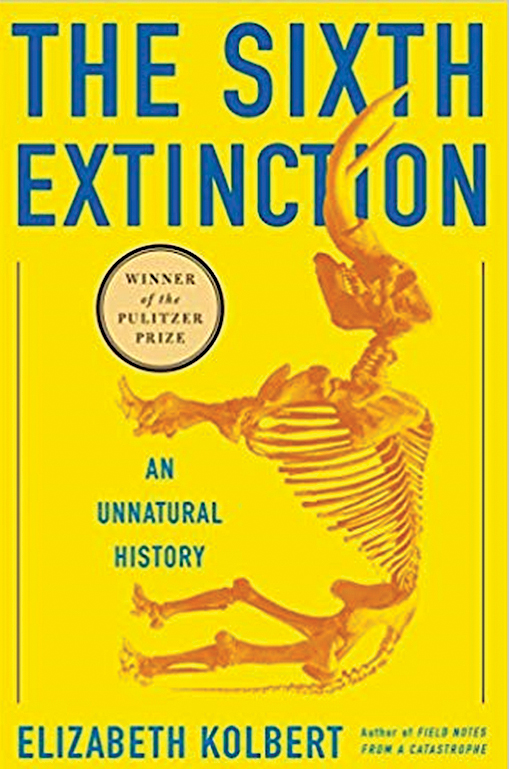
The Sixth Extinction
by Elizabeth Kolbert
Humans have flourished, but only at the expense of other living things. We’ve changed the face of the Earth and its systems in a geologic blink of an eye. Each chapter of The Sixth Extinction serves as a case study on our impact on the natural world, through climate change, ocean acidification, and habitat destruction due to deforestation and development. Though harsh in her assessment of humanity, Kolbert offers a bleak and refreshingly pragmatic assessment of the Anthropocene, the geological age of human influence. This book is essential reading for any teacher to understand the status of our changing planet and allows students to put biological concepts into a real-life context.
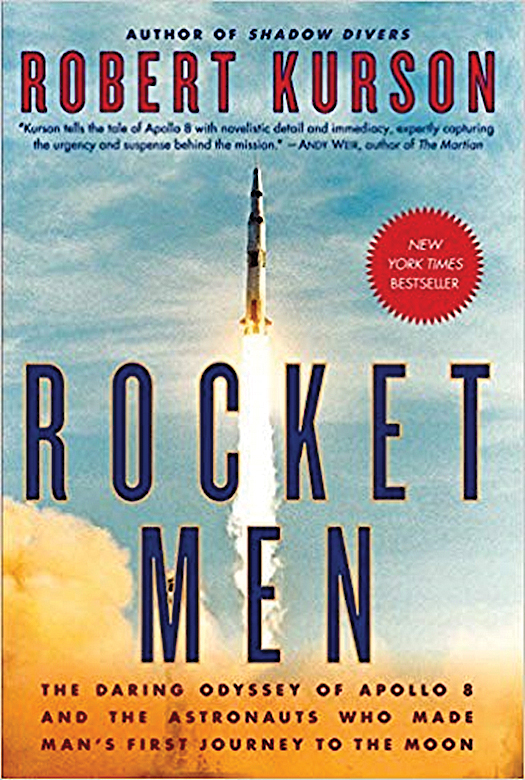
Rocket Men
by Robert Kurson
The civil rights movement, Vietnam, the assassination of several national leaders, and huge cultural shifts gave those who lived through 1968 a feeling that the country was falling apart. Amid the historic upheaval, America challenged itself to the greatest scientific undertaking in history: sending a manned spacecraft to the Moon. Apollo 8’s mission was an order of magnitude more challenging than anything NASA had ever attempted, and the crew of Bill Anders, Jim Lovell, and Frank Borman all knew they were was a good chance they would not return home. Rocket Men gives insight into the scientific and engineering challenges it took to send the first humans to the Moon and back while explaining the historical backdrop of 1960s America. This would make for an excellent cross-curricular project with a class learning about modern American history. I have more classroom recommendations and an interview with the author on Science Over Everything.
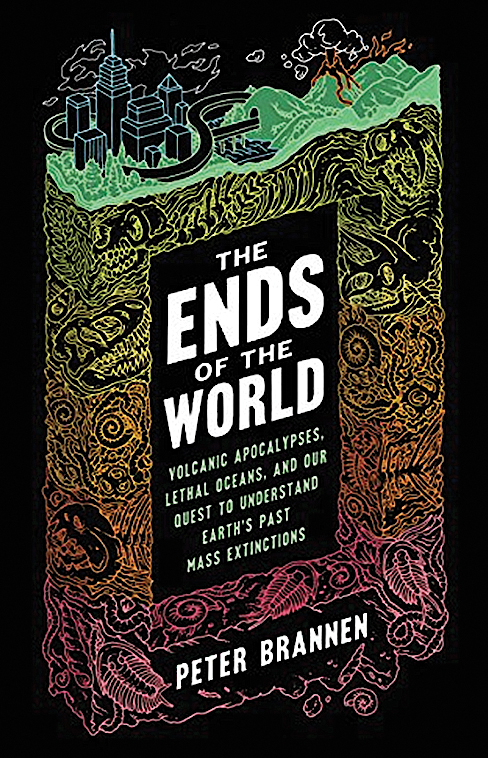
The Ends of the World
by Peter Brannen
Barren, rocky continents with wide, braided streams draining them, a sea full of life yet no fish, and a pink sky above. It may seem alien, but this was our planet 450 million years ago, a far cry from the diverse landscapes filled with trees, cacti, grasses, and millions of species of animals and fungi we recognize today. The journey from then to now is punctuated with mass extinctions—die-offs that saw the fall of some species, the rise of others, and decisive changes in how complex life evolved. Unlike any other author I’ve read, The Ends of the World brings this unfamiliar Earth to life. Brannen gives you an idea of just how terrible these mass extinctions were, caused by everything from a six-mile diameter asteroid hurtling toward our planet at 100 times the speed of sound to volcanic eruptions that covered Siberia in lava 20 feet deep. But most significantly, Brannen connects how the geochemical systems of our planet functioned during these times of chaos to how humans are affecting those same systems today. I have more classroom recommendations and an interview with the author on Science Over Everything.
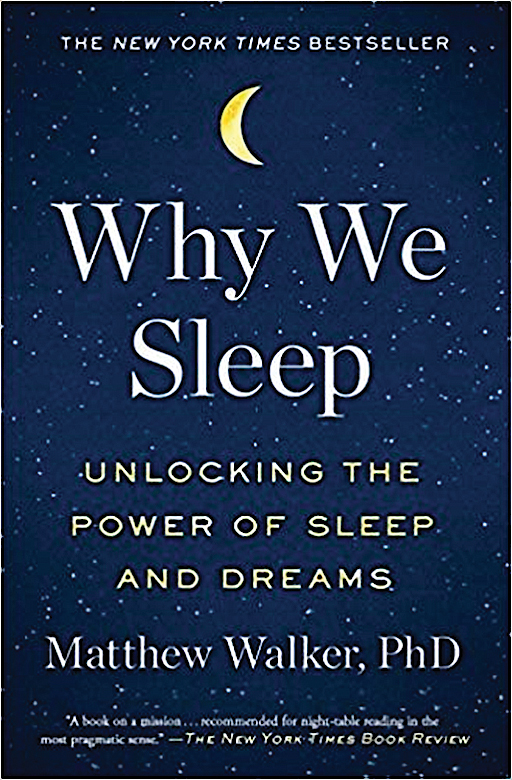
Why We Sleep
by Matthew Walker
This book has the most practical application for our lives as teachers. Why We Sleep walks you through the amazing processes your brain goes through during sleep—saving memories, processing information, clearing toxins and hormones, and a plethora of other essential activities. Lack of sleep doesn’t just leave you feeling tired, it keeps your brain from functioning on a high level. Walker also explains why teenagers are naturally inclined to stay up later than younger children and older adults (spoiler alert: it’s not because they are lazy). I really recommend this book to any educator. You will do your job better by getting a full night of restful sleep, which will only be to the benefit of you and your students. This book also gives insight into why sleep is so important for children; a stage in our lives where we are learning so much, sleep is the essential process for humans to save memories and information.
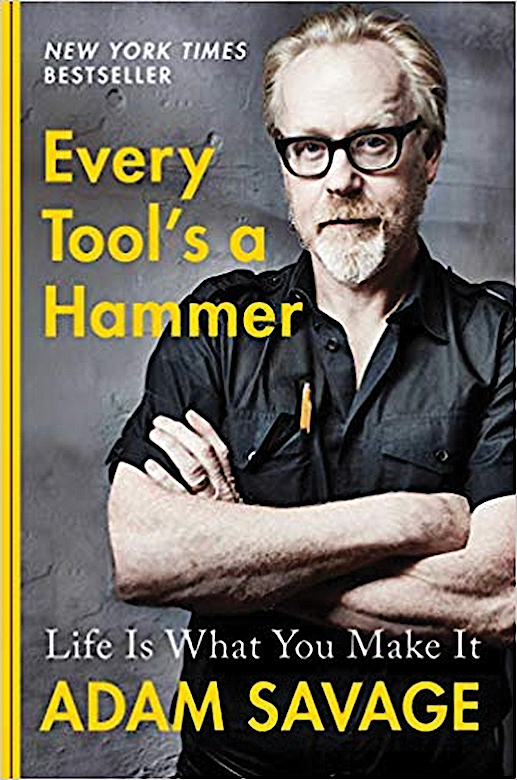
Every Tool’s A Hammer
by Adam Savage
Most science teachers have shown at least a handful of segments from Mythbusters, if not for the entertainment value, then for the exemplary display of the scientific process. Former host Adam Savage reflects, not just on his career of making a hit television series, but on a lifetime of making stuff. From special effects in the San Francisco theater scene to working on Star Wars movies to building his own cosplay, Savage is a fountain of creativity. He riffs on how he builds things and what drives him to create in the first place. A perfect book for any teacher who incorporates any STEM or project-based learning lesson in their classrooms.
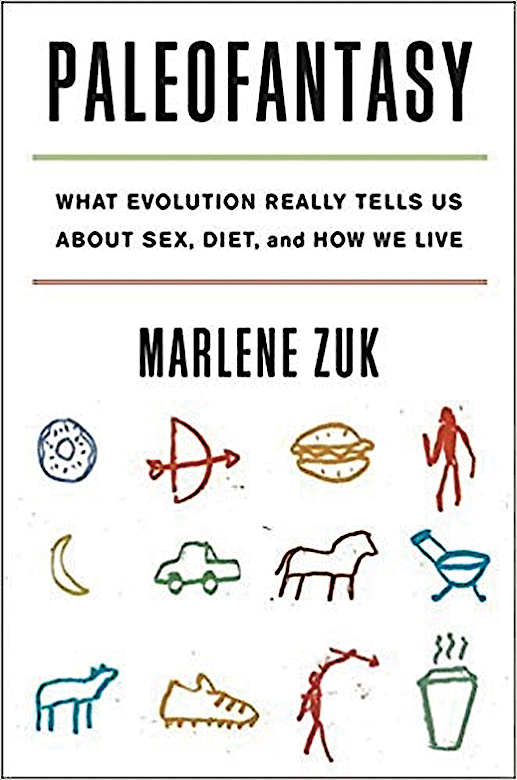
Paleofantasy
by Marlene Zuk
From the paleo diet to exercise programs that maximize our evolutionary proclivities, nearly every industry has adopted the idea of living in a way that aligns with how our bodies evolved over millions of years. The idea has even permeated how we raise children. But how did our ancestors really eat and live? And how many current trends are based on scientific reality? Marlene Zuk explains how your body is capable of much more than just what your predecessors did and that evolution didn’t make you adapt perfectly to any one thing. It’s a great dose of reality and explains natural selection in a way that everyone can personally relate to. After all, who doesn’t love learning about themselves?
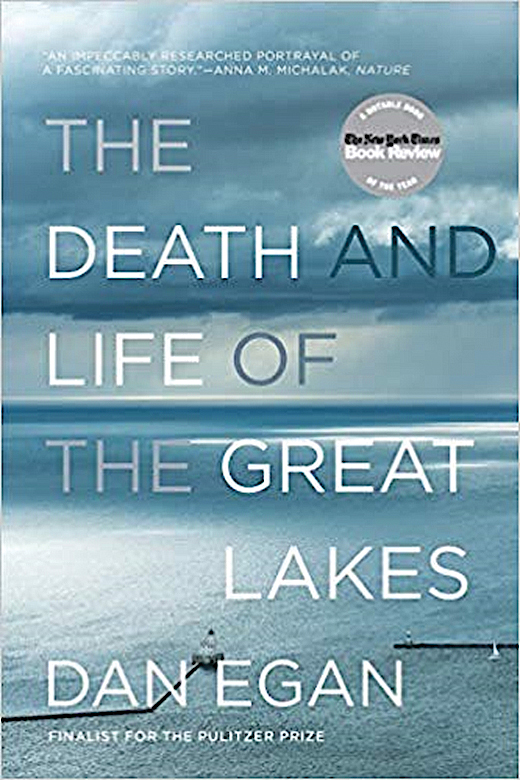
The Death and Life of the Great Lakes
by Dan Egan
Being born and raised less than 10 minutes from Lake Erie, this was one of the more emotionally taxing books I read in 2019. Swimming in the summer and fishing with dad are some of my most vivid childhood memories and fostered my love of the outdoors. So to read in detail exactly how the Great Lakes have been ecologically abused and neglected was gut-wrenching, to say the least. Egan explains how humans have re-engineered the watershed of an entire continent for marginal economic gains, at the expense of a massive ecological disaster. This book would make for a great read for students learning about invasive species or nutrient runoff.
If you are looking for more book recommendations, check out Science Friday’s website. Each review usually comes with a segment with the famed Ira Flatow speaking with the author.
General Science Literacy High School



